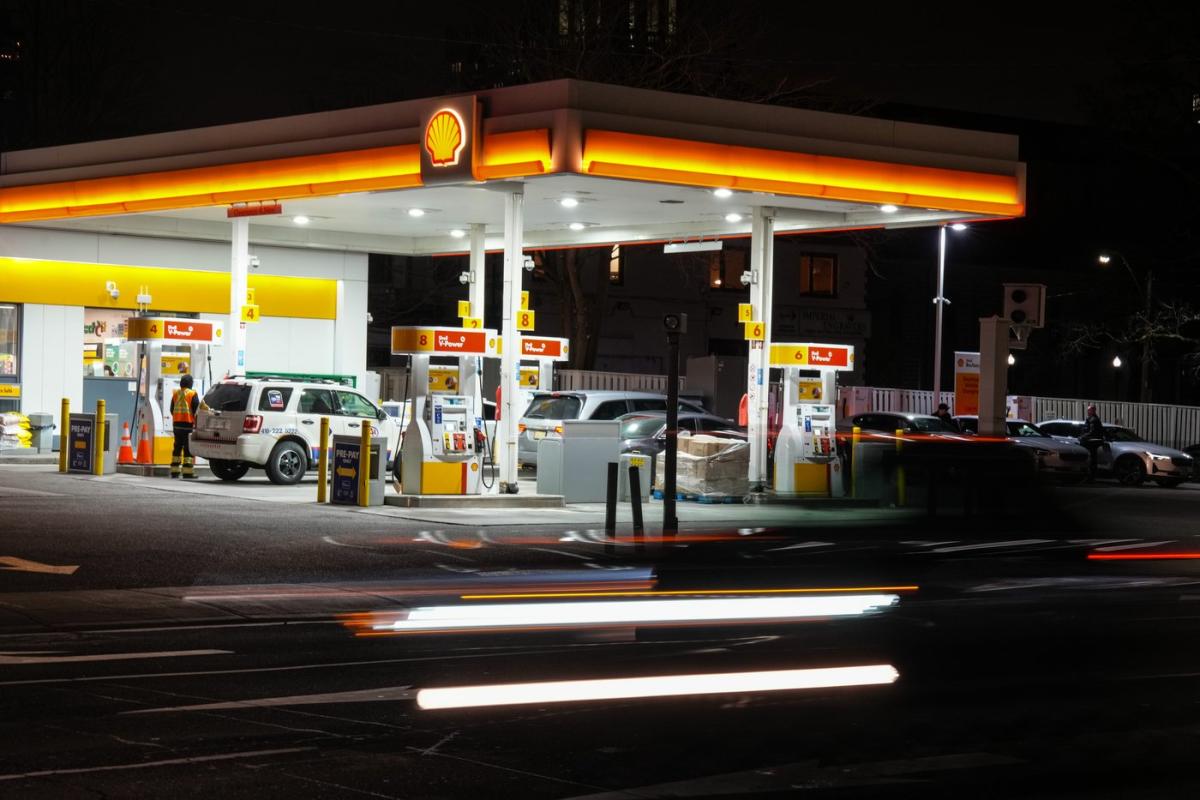


CALGARY — Canadian drivers are enjoying cheaper gas prices heading into fall, a trend experts say could persist through the remainder of the year.
As of Friday morning, the average gasoline price in Canada was 152.1 cents per litre, according to price tracking website GasBuddy.com.
That’s the lowest average price Canadian drivers have seen on a Sept. 6 since 2021, and represents a more than 14-cent decline from one year ago.
Canadian gasoline prices have slid more than 10 cents on average since July. South of the border, U.S. gas prices hit a three-year low over the Labour Day long weekend.
While it’s normal for pump prices to decline as summer transitions into fall and people travel less, the lower prices drivers are enjoying this year have to do with more than just the end of road trip season.
Gasoline prices rise and fall with the global price of crude oil, which has declined more than US$7 per barrel this week.
That’s the biggest weekly slump in crude prices since October of last year, and is being driven by concerns that global demand for oil won’t hold up to current supply levels.
Thursday’s decision by the Organisation of Petroleum Exporting Countries (OPEC) to delay a planned production hike did little to halt crude oil’s slide.
“Everyone is very bearish, or very negative about the outlook for the global macro economy,” said Toronto-based energy analyst Rory Johnston, adding much of the concern is centred on China, an important crude importer.
“Chinese demand is terrible right now. We’ve been essentially in a year-over-year contraction for all of the second quarter in China, which if this holds, would be essentially only the second time in upwards of 30 years that that’s happened.”
In North America, fuel demand from drivers is falling as inflationary pressures decline, said GasBuddy head of petroleum analysis Patrick De Haan.
“A lot of it is the softening in the economy brought on by central banks raising interest rates. Demand for gasoline has been lower as a result of this kind of cool-off in the economy,” De Haan said, adding when the unemployment rate ticks higher, fewer people drive to work each day, leading to a decline in gasoline sales.
A lack of major hurricanes this summer or other events that can disrupt refinery operations has also helped keep North American gasoline supplies elevated and prices contained.
While a significant hurricane or other unforeseen event this fall could lead to an unexpected jump in prices, De Haan said he expects drivers will continue to enjoy lower fuel costs for the remainder of the year.
“Gas prices do tend to decline through the fall. That’s because Canadians and Americans alike don’t really find the environmental conditions as conducive to hitting the road and driving and consuming products. You know, nobody’s putting the boat in the lake anymore,” he said.
“So I think the trend will persist.”
Manitoba drivers enjoyed the cheapest gasoline on Friday, with the price in that province averaging 136.6 cents per litre, according to GasBuddy data.
The most expensive gas could be found in B.C., where drivers paid an average of 169.8 cents per litre.
This report by The Canadian Press was first published Sept. 6, 2024.
Amanda Stephenson, The Canadian Press